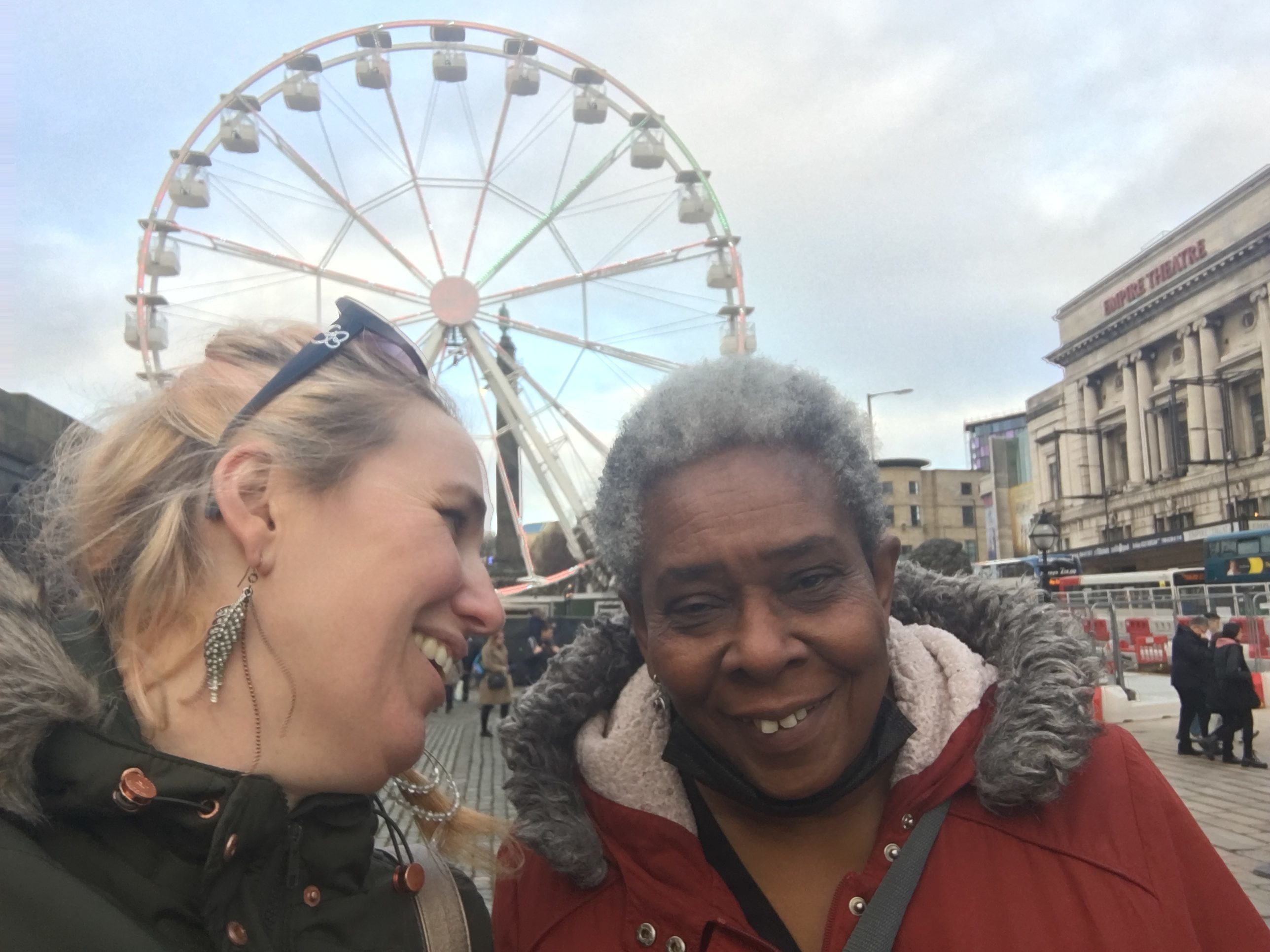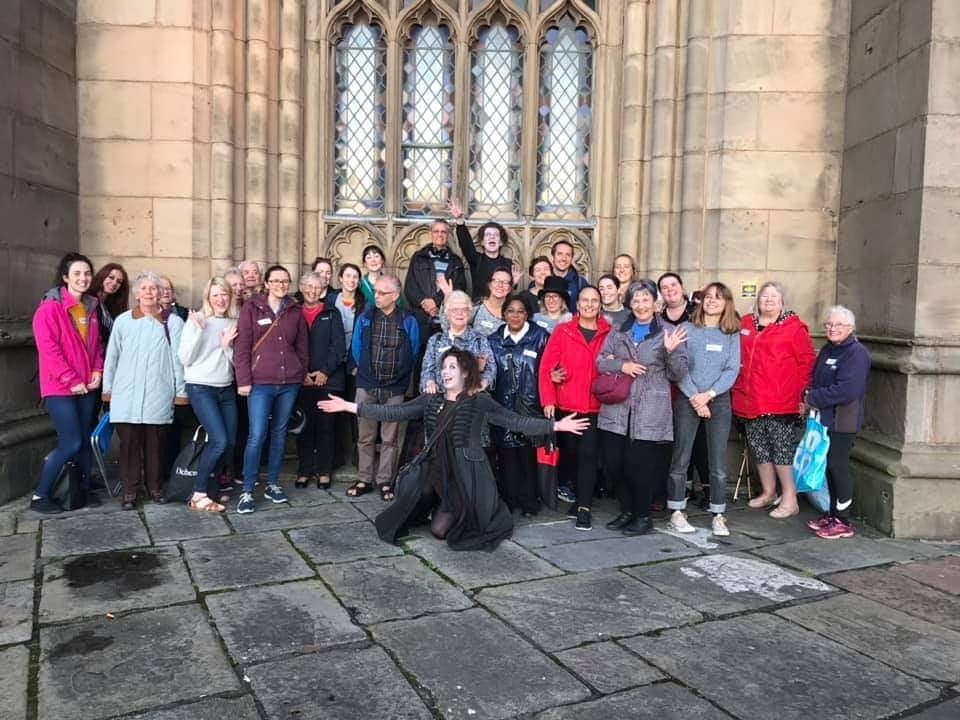Between 2018 and 2023, the issues of loneliness and isolation amongst older and younger people in our rapidly changing world become better understood. That wasn't just because of Liverpool Cares or The Cares Family. It was because of a coalition of partners working together to carefully explain the impact of disconnection – and to inspire people to take action.
In July 2023, five years after we helped shape the world's first ever government-level loneliness strategy, The Cares Family published a manifesto pressing political parties to take further action on loneliness. Locally, Liverpool Cares was determined to tackle the 'loneliness epidemic' that meant that:
But we knew that loneliness is not just a later life problem. On the contrary – while people over 75 are the loneliest age group in the UK, the second loneliest are people between 16 and 35, and some reports say they're the loneliest.
That's why we knew that older and younger neighbours have so much to gain from one another in shared time, laughter, new experiences and friendship. And it's why we believed that Liverpool Cares was so important – because it worked.
Three major evaluations demonstrated the impact of our model. The first evaluation, published in 2014, showed that of people participating in our activities regularly:

It also showed that the model worked because it was targeted at people most likely to benefit, including:
Crucially, the younger volunteers who were part of Liverpool Cares benefited too:

A second evaluation in 2016 underscored these outcomes, with older neighbours reporting that over time they:
And our third evaluation, conducted over 18 months by our social research partners Renaisi and published in 2019, showed that as a result of being part of The Cares Family older and younger neighbours alike felt:
The human stories at the heart of these statistics are even more inspiring. They can be seen by downloading our 2014, 2016 and 2019 impact reports. You can also meet some of the amazing older and younger Londoners who are part of the Liverpool Cares network by clicking on the links below: